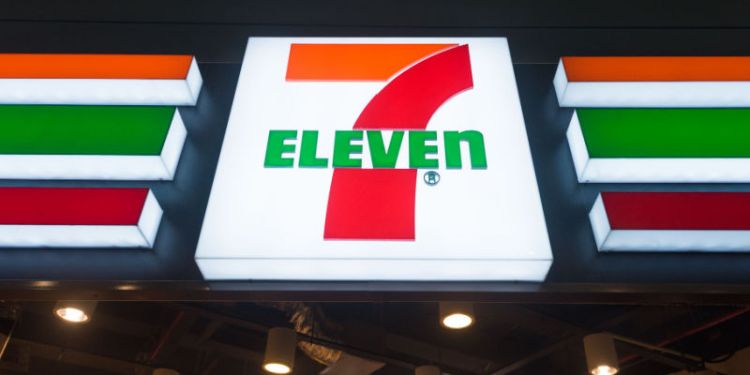
© Shutterstock
EUR/USD
-0.09%
Add to/Remove from Watchlist
Add to Watchlist
Add Position
Position added successfully to:
Please name your holdings portfolio
Type:
BUY
SELL
Date:
Amount:
Price
Point Value:
Leverage:
1:1
1:10
1:25
1:50
1:100
1:200
1:400
1:500
1:1000
Commission:
Create New Watchlist
Create
Create a new holdings portfolio
Add
Create
+ Add another position
Close
Despite facing significant challenges such as rising energy costs and weak demand from export destinations, Germany’s economy is poised to bounce back, according to analysts at Deutsche Bank. While the nation has been dubbed the “sick man of Europe”, analysts Maximilian Uleer and Carolin Raab suggest this label is not entirely accurate and propose viewing Germany as a “sore athlete” that is ready to recover.
In contrast to other eurozone nations, Germany’s economy has only managed to return to its pre-pandemic growth levels. The International Monetary Fund and the European Union have predicted contractions in the country’s economic growth, making it the worst performer among developed nations this year.
However, Uleer and Raab argue that economic growth is not an accurate measure of German equity performance. They note that the German DAX index has risen by 18% since the end of 2019. They also highlight that DAX constituents earn just 18% of their revenues domestically, with larger shares coming from the U.S. (22%) and China (15%).
The analysts point out that sectors such as manufacturing, information technology, and financial services are major contributors to equity performance in the broader HDAX index of 100 members. In contrast, industries like public services, trade, business services, and real estate – all significant contributors to GDP over the past four years – are underrepresented in these indexes.
Over the past two decades, Germany’s economy has grown its real GDP by 26% and maintained a stable debt-to-GDP ratio. This contrasts with the eurozone (including Germany), which has seen its debt ratio increase by 30% since 2003. Recent years have witnessed slower growth due to COVID-19 and a rise in leverage due to fiscal support measures aimed at mitigating the pandemic’s impact and the Ukraine conflict.
Uleer and Raab see the potential for improvement, noting that Germany’s absolute debt/GDP ratio remains among the lowest in the eurozone. This provides Germany with more flexibility in terms of its fiscal support capacity.
One of the major challenges for Germany is the rising cost of energy, which is substantially higher than three years ago and twice that in the U.S. The country’s ambitious net-zero goals pose a significant challenge to its energy-intensive industries.
Despite these hurdles, Deutsche Bank sees opportunities for investors. The reopening of China is a positive development for DAX companies, although progress has been slow. Deutsche Bank predicts that inflation will normalize over the next year, with low growth in 2024 followed by a rebound in 2025.
The DAX index is currently trading at a 20% discount to its 10-year average on a forward one-year price/earnings basis despite a 12% gain this year. Uleer and Raab expect the DAX to remain steady in 2024 and do not anticipate it underperforming, even with lower German GDP growth compared to other eurozone countries.
This article was generated with the support of AI and reviewed by an editor. For more information see our T&C.
Source: Investing.com





























